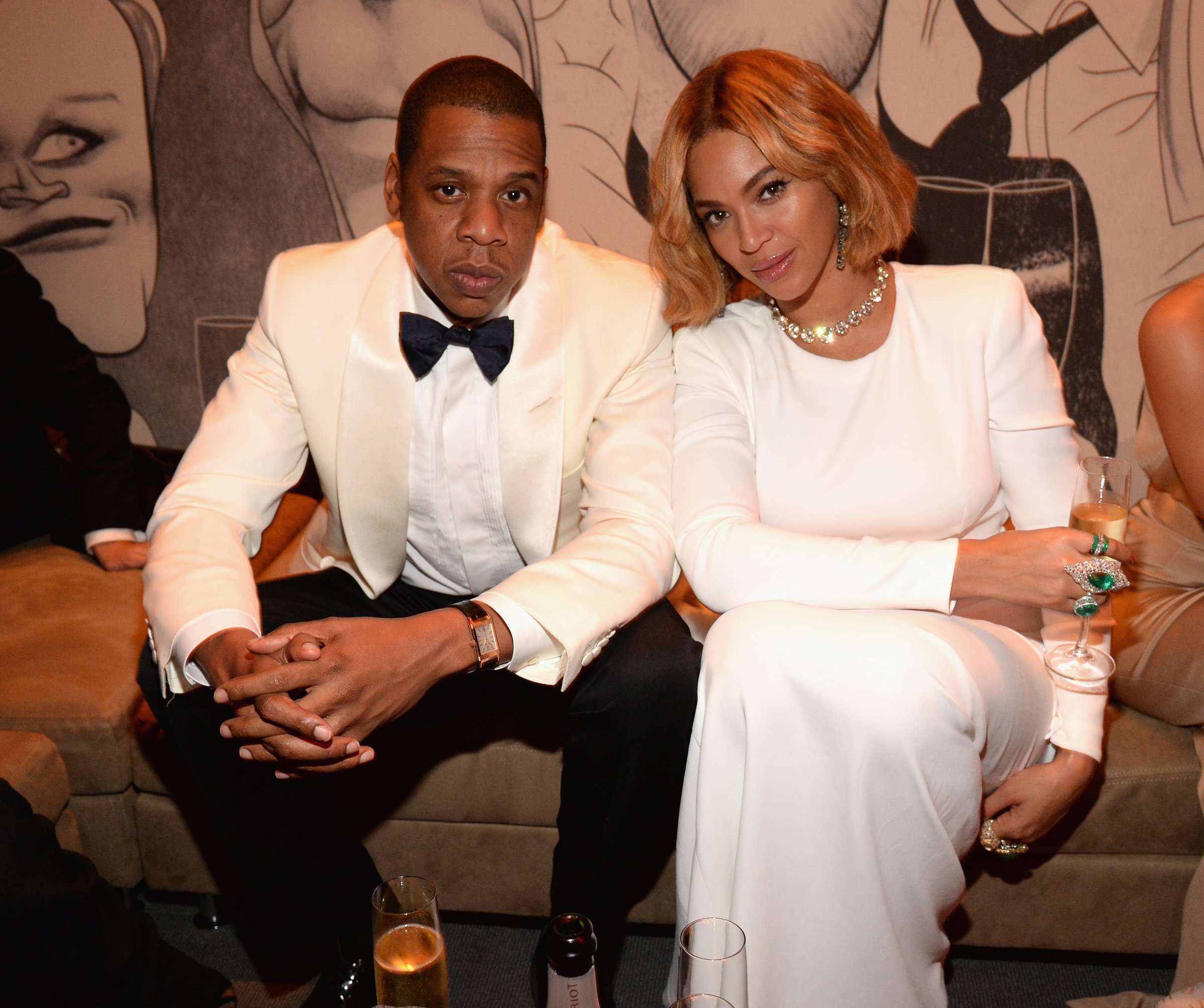
Only two people really know the exact details of what’s happening in Jay Z and Beyoncé’s relationship. But after the debut of Beyoncé’s Lemonade on Saturday, the world is speculating about possible infidelity in the couple’s relationship.
Regardless of what happened or didn’t happen between two of music’s most legendary artists, the chatter raises several questions: What do you do if your partner cheats—or if you cheat on your partner? Do you throw it all away immediately? Do you wait to see if the problems keep happening? Do these answers change if you’re married? If you have kids? If you’re sharing the lease on a wonderful apartment? Lemonade suggests that Beyonce ultimately forgives Jay Z—or whomever she is singing about—and reconciles with him. But that choice might not be right for every couple.
It’s easy to make assumptions about what you would do if you found yourself in this situation, but the truth is that issues of infidelity are more complicated and present a more tangled web of issues than many people initially realize.
One thing I always try to remind my clients is that conflicts of any variety present an opportunity to be clear about who you are and what you expect in your relationship.
I love when Beyoncé’s sings, “Who the f-ck do you think I am?” in her rage-filled and irreverent “Don’t Hurt Yourself.” And that, throughout Lemonade, she continues to assert a strong sense of self-confidence, an awareness of her own personal dignity and value, and an expectation that she be treated with said dignity. Any couple going through a conflict—cheating-related or otherwise—can learn a lot from this approach.
The reality of romantic relationships is that it’s simply not possible to encounter someone who shares the exact same value system as you do because no one on Earth is quite like you. Still, when you find someone who seems to be on the same page as you with respect to your values, it’s easy to assume that they automatically understand your expectations and boundaries around those values—even though that’s an entirely different conversation.
Read more: Pretty Much Everyone is Obsessed With Beyoncé’s Lemonade
Disappointments arise when there is a discrepancy between your expectations and reality. The greater the delta, the greater the disappointment.
The important thing to remember is that conflict will invariably arise in every committed relationship. When it does, greeting conflict as an opportunity to clarify your expectations, limits and the ways in which you want to be treated moving forward can actually strengthen your bond in the long-run. Of course, communicating your expectations and values may not always end in a fortified relationship; they may make you and your partner realize that you’re not on the same page or that one of you isn’t willing to accept the other’s boundaries.
Read more: We Need to Take Marriage Off Its Pedestal
And there are certain relationships—ones that include domestic violence, for example—in which it is simply not healthy to stay. But in many cases, reframing your issues and points of disagreement as an opportunity can help you get through the challenge.
If nothing else, taking advantage of the chance to express your boundaries and priorities in the relationship will let you walk away knowing that you approached your issues in a healthy, honest way.
Katherine Schafler is a New York City-based licensed psychotherapist.
More Must-Reads From TIME
- The 100 Most Influential People of 2024
- The Revolution of Yulia Navalnaya
- 6 Compliments That Land Every Time
- What's the Deal With the Bitcoin Halving?
- If You're Dating Right Now , You're Brave: Column
- The AI That Could Heal a Divided Internet
- Fallout Is a Brilliant Model for the Future of Video Game Adaptations
- Want Weekly Recs on What to Watch, Read, and More? Sign Up for Worth Your Time
Contact us at letters@time.com